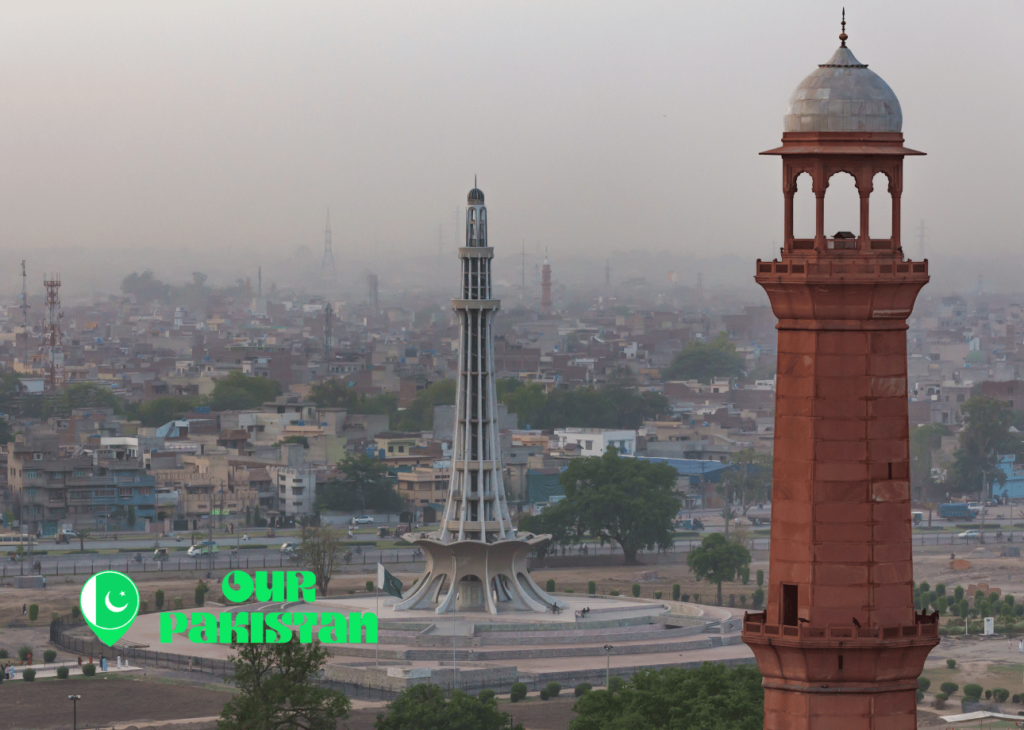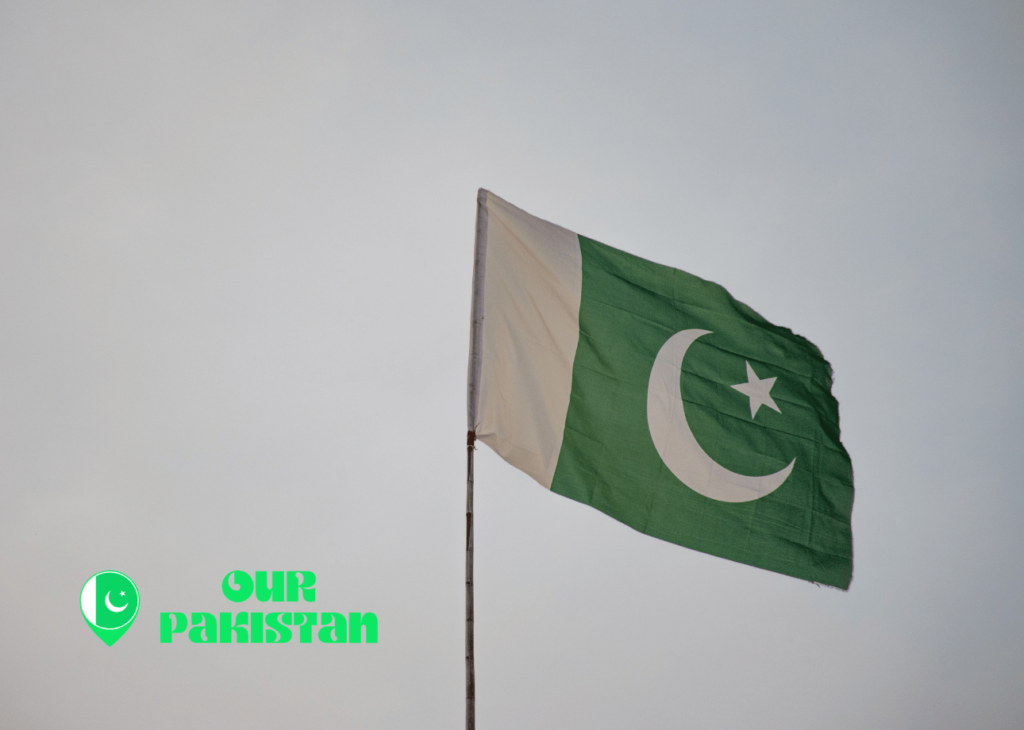The birth of Pakistan holds immense importance as it marks a remarkable chapter in the history of South Asia. This article delves into the struggle for independence, highlighting the key events and figures that paved the way for the creation of a separate nation. The journey towards freedom was not without challenges, but it was driven by the collective spirit of the people and their unwavering determination to secure a future based on principles of self-governance and representation.
Background
For nearly two centuries, the Indian subcontinent was under the oppressive grip of British colonial rule. This period witnessed the systematic exploitation of resources and the suppression of indigenous cultures. However, it also sowed the seeds of resistance, awakening a desire for self-determination among the people.
As the 19th century progressed, notable leaders like Mahatma Gandhi and Jawaharlal Nehru formed the Indian National Congress, which aimed to fight for the rights and representation of all Indians. Concurrently, the Muslim League, led by prominent figures such as Muhammad Ali Jinnah, emerged as a political force to safeguard the interests of the Muslim community in South Asia.
Demands for self-governance and representation
The Indian subcontinent faced an urgent need for self-governance and representation. The demand for greater political autonomy intensified as the people yearned for a system that embraced their diverse cultures, beliefs, and aspirations. The struggle for independence gained momentum as the desire for a separate identity for Muslims became a prominent factor.
The Lahore Resolution
On March 23, 1940, the All India Muslim League convened in Lahore, where the historic Lahore Resolution was passed. This resolution called for the creation of separate states for Muslims in order to safeguard their rights, identity, and representation in a future independent India. It laid the foundation for the eventual establishment of Pakistan, uniting the Muslim community under a shared vision.

Intensification of the Struggle
The outbreak of World War II had a profound impact on the struggle for independence in the Indian subcontinent. The war exposed the vulnerabilities of the British Empire, and Indians saw this as an opportunity to press harder for their rights. The economic burden placed on India during the war fueled nationalist sentiments and amplified the demand for complete freedom from foreign rule.
The Quit India Movement and civil disobedience campaigns
The Quit India Movement, initiated by Mahatma Gandhi in 1942, was a significant turning point in the struggle for independence. This mass civil disobedience campaign aimed to raise awareness about the need for immediate freedom and to put pressure on the British government. People from all walks of life participated, highlighting the united front against colonial rule.
The Cabinet Mission and Mountbatten Plan
Realizing the enormity of the situation, the British government sent the Cabinet Mission to India in 1946 to propose a plan for the future governance of the subcontinent. This mission aimed to address the constitutional deadlock between the Indian National Congress and the Muslim League, challenging the status quo and providing a potential path toward independence.
After extensive negotiations, the British government, under the guidance of Lord Mountbatten, the last Viceroy of India, reached a momentous decision on June 3, 1947. The Indian subcontinent would be partitioned into two separate nations, India and Pakistan, providing Muslims a homeland of their own. This decision marked a new chapter in history and set the stage for Pakistan’s birth.
Independence Day
On August 14, 1947, Pakistan emerged as an independent country, separating from India. This historic moment was a culmination of years of struggle, sacrifice, and determination by the people of South Asia. The birth of Pakistan signified the beginning of a new era, where the dreams of millions were realized, and a unique identity was nurtured.
Quaid-e-Azam Muhammad Ali Jinnah, known as the Father of the Nation, assumed the role of Pakistan’s first Governor-General. His remarkable leadership and unwavering commitment to the ideals of justice and equality laid the foundation for building a democratic and progressive state.

Challenges and Achievements
The partition of India and Pakistan was accompanied by widespread communal violence and mass migration, leading to unprecedented displacement and loss of life. The challenges posed by this tumultuous period served as a stark reminder of the importance of unity and peaceful coexistence, forging a determination to overcome adversity in the pursuit of progress.
Pakistan faced numerous challenges during its early years, including establishing robust institutions, defining its identity, and promoting democratic values. Nevertheless, the resilience and determination of the people helped overcome these obstacles. Efforts were made to build a democratic society, strengthen the economy, promote education, and foster a sense of national pride.
Conclusion
The struggle for Pakistan’s independence holds great significance, not only for the people of Pakistan but also for all those who value the principles of self-governance, freedom, and unity. The birth of Pakistan stands as a testament to the power of collective action and the unwavering spirit of those who fought for a land where diverse communities could coexist in harmony. It is imperative that we commemorate the sacrifices made and continue to nurture the values that inspired the creation of Pakistan.